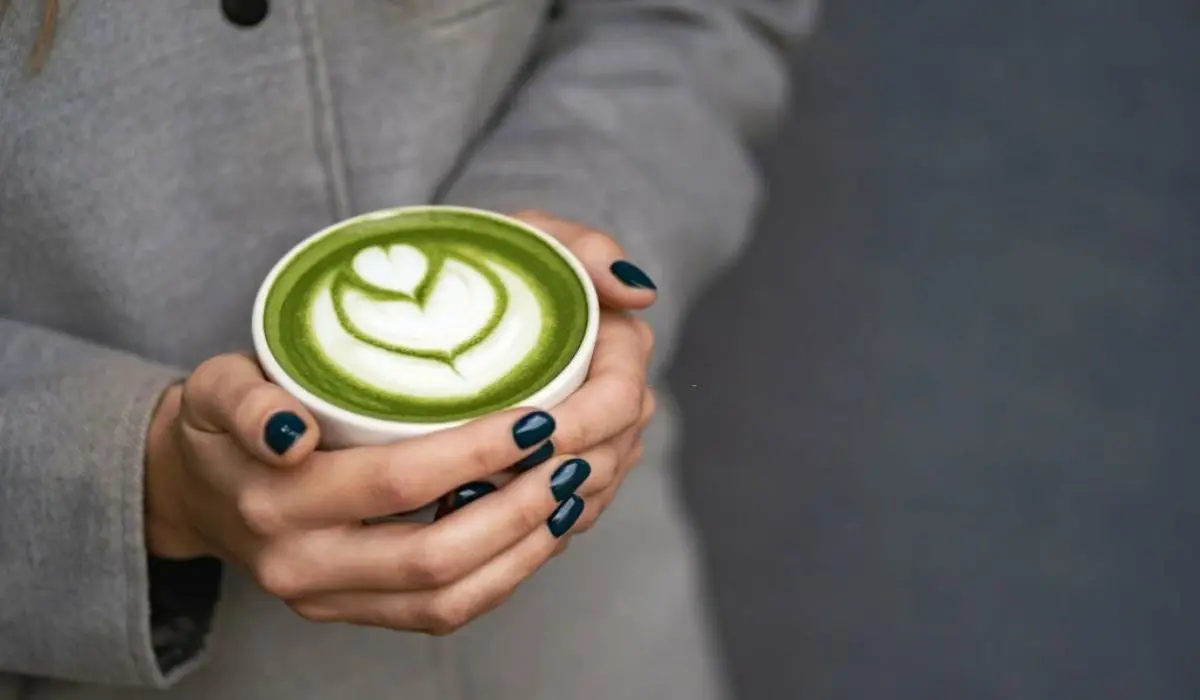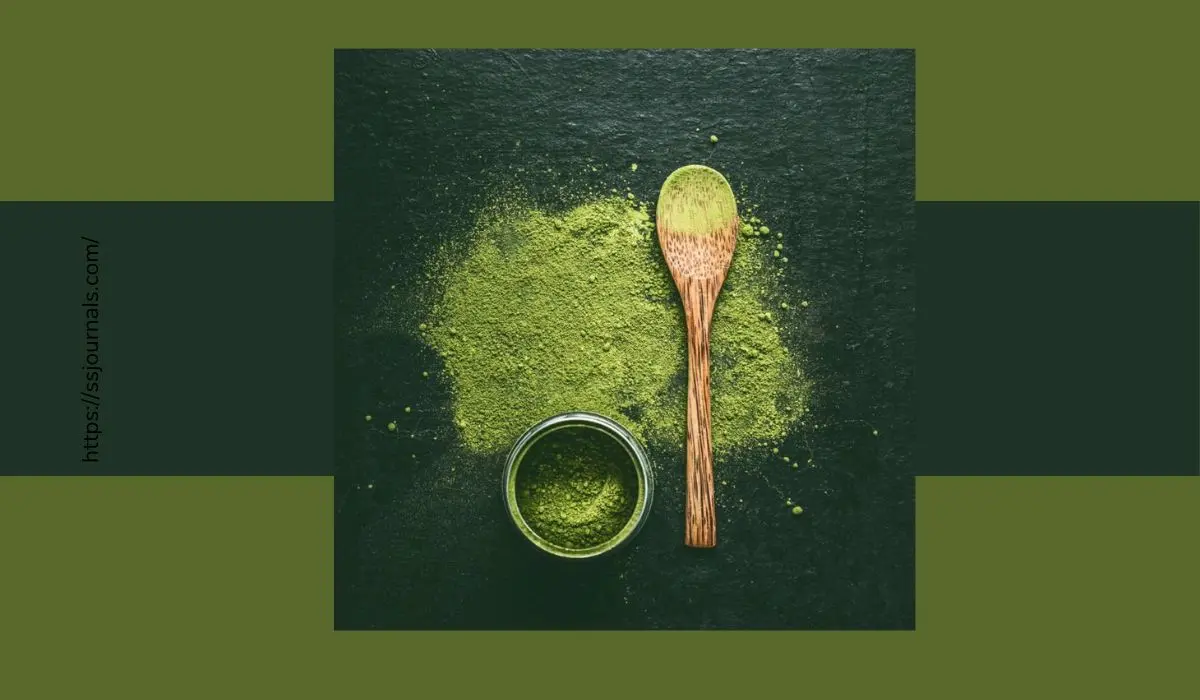Matcha has skyrocketed in popularity in recent years. This finely ground green tea powder is dissolving in everything from lattes to desserts to skincare. But many people are wondering – just how much caffeine is in matcha?
This antioxidant-rich tea does contain caffeine, but the amounts can vary depending on factors like the quality of the matcha and how it is prepared. This article will break down matcha caffeine content in detail, how it compares to other teas and coffee, and provide tips for regulating your intake
What Is Matcha?
Matcha is a type of green tea made from the leaves of the Camellia sinensis plant. What makes matcha unique is that the leaves are shade-grown for several weeks before harvest. This increases the chlorophyll and amino acid content of the leaves, giving matcha its signature bright green color.

The leaves are then destemmed, deveined, and stone ground into a fine powder. Matcha contains the nutrients from the entire tea leaf, providing more potent nutritional benefits compared to steeped green tea.
Matcha Caffeine Content Per Serving
On average, a single 1⁄2 teaspoon serving of matcha powder contains approximately 35mg of caffeine. However, the caffeine content can range from 25mg to over 70mg depending on factors like:
Compared To Other Teas And Coffee
The caffeine content of matcha is comparable to other teas and lower than brewed coffee.
➜ Matcha (35mg per 1⁄2 teaspoon)
➜ Brewed coffee (95-200mg per 8oz)
➜ Black tea (25-48mg per 8oz)
➜ Green tea (25-29mg per 8oz)
➜ White tea (28-45mg per 8oz)
So while matcha does contain a moderate amount of stimulant caffeine, it provides less per serving compared to regular drip coffee.
Benefits Of Matcha Caffeine
The caffeine in matcha comes from the natural chemicals of the Camellia sinensis plant. The amino acid L-theanine in matcha helps provide sustained energy and focused alertness from the caffeine. Potential benefits include:
Keep in mind the benefits are most noticeable when matcha caffeine consumption is moderated (1-2 servings daily). Too much can lead to side effects.
Potential Side Effects Of Too Much Matcha
Matcha is generally well tolerated, but consuming excessive amounts of caffeine from any source can produce side effects like:
◾️ Jitters, headaches, nausea
◾️ Increased anxiety, heart rate, blood pressure
◾️ Diuretic effects like frequent urination
◾️ Caffeine dependency
Any negative effects are usually minor and temporary. But it’s best to start slow when adding matcha to your diet and avoid overconsumption.
Tips For Moderating Matcha Caffeine Intake
If you want to enjoy matcha while keeping caffeine levels in check, here are some helpful tips:
Following caffeine consumption guidelines and being aware of your individual tolerance can allow you to reap the energizing and health-promoting rewards of matcha.
Conclusion
Matcha does contain caffeine, but its levels are less compared to brewed coffee and espresso. Factors like the grade, harvest time, and preparation method impact matcha caffeine content per serving.
Consumed in moderation, matcha can provide a boost in energy, mental clarity, and health benefits without negative side effects. Just be mindful of your personal caffeine tolerance, limit intake to 1-2 servings daily, and avoid drinking matcha too late in the day for the best experience.
FAQs
No, regular brewed coffee has significantly higher amounts of caffeine than matcha. A 1⁄2 teaspoon of matcha powder contains around 35mg caffeine, while 8 ounces of drip coffee can have 95-200mg.
When consumed in moderate amounts, the caffeine levels in matcha are considered safe for most healthy adults. Potential risks come from extremely high intakes well above the recommended serving size. As long as consumption guidelines are followed, matcha caffeine is not considered dangerous.
Drinking matcha too late in the day can negatively affect sleep, especially for caffeine-sensitive individuals. The general recommendation is to avoid matcha and other caffeinated beverages after 2pm. Earlier cut-off times may be needed if you tend to be more sensitive to the effects of caffeine.
Most experts advise limiting caffeine from all sources to less than 200mg daily during pregnancy. While small amounts of matcha are unlikely to cause problems, it is best to check with your doctor about appropriate matcha and caffeine consumption during pregnancy and breastfeeding.
Matcha generally contains less caffeine than espresso. A 1⁄2 teaspoon of matcha powder has around 35mg caffeine, while a 1 ounce shot of espresso typically has about 63mg. However, the caffeine content can vary based on the specific types and preparation methods used.

